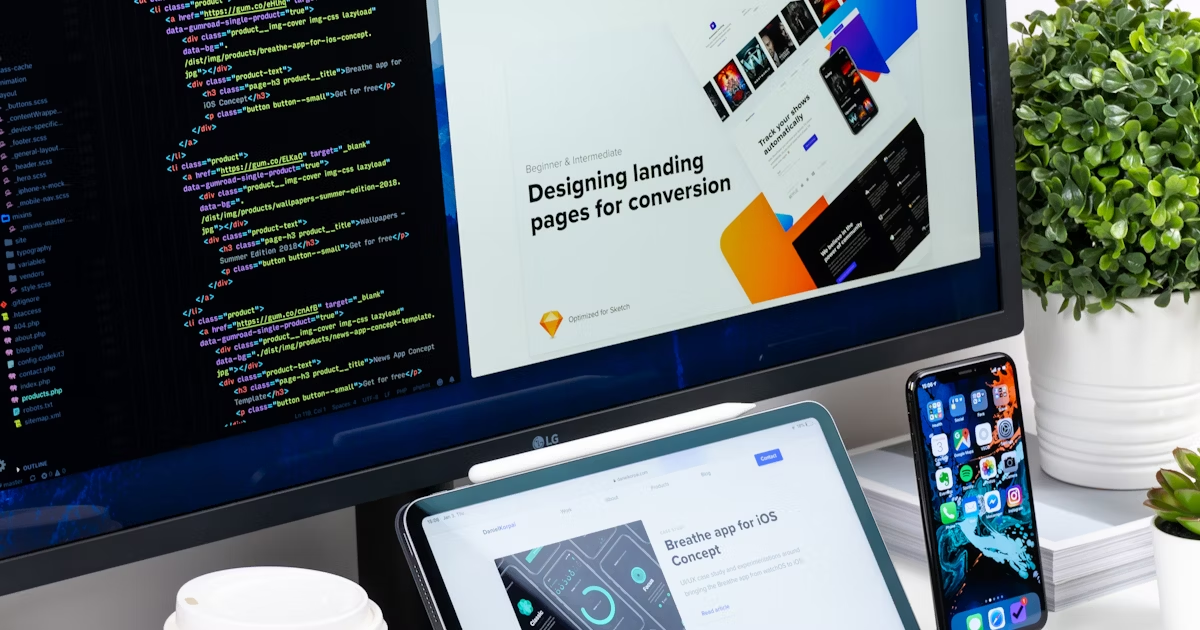Converting WebP to JPG while preserving quality is essential for compatibility with older systems and applications. Our guide shows you how to maintain visual fidelity during conversion, plus when to use each format for optimal results.
Our WebP ↔ JPG Converter Tool makes it easy to experience these benefits by converting between WebP and JPG formats directly in your browser.
Test Quality Comparison
Use our WebP ↔ JPG Converter to compare quality between formats before finalizing your conversion.
Faster Loading
Reduced file sizes dramatically improve page load times and Core Web Vitals scores
Better Quality
Advanced compression maintains visual quality even at smaller file sizes
Dual Mode
Supports both lossy (like JPG) and lossless (like PNG) compression
Transparency
Alpha channel support like PNG, but with better compression
WebP vs JPG: When to Convert
| Feature | WebP | JPEG | Best For |
|---|---|---|---|
| Compression | Lossy & Lossless | Lossy only | WebP for web, JPG for compatibility |
| Quality Retention | Excellent at 75-85% | Good at 80-90% | WebP for smaller files, JPG for editing |
| Compatibility | Modern browsers | Universal | JPG when broad support needed |
| File Size | 25-35% smaller | Larger | WebP for web performance |
Preserving Quality During Conversion
When converting WebP to JPG, maintain quality by:
- Using high quality settings (85-95% for JPG)
- Maintaining original dimensions – Avoid resizing during conversion
- Preserving color profiles – Convert to sRGB if needed
- Avoiding multiple re-compressions – Each save degrades quality
Our converter tool automatically applies these best practices to ensure quality preservation.
Quality Preservation Techniques
To maintain quality when converting between formats:
WebP to JPG:
- Quality: 85-95 (higher preserves detail)
- Subsampling: 4:4:4 (best color retention)
- Progressive: Off (better for quality)
JPG to WebP:
- Quality: 75-85 (optimal balance)
- Method: 4-6 (higher = better compression)
- Sharpness: 0 (adjust if images appear soft)
Automated Conversion with Fallback
For websites needing both formats:
<picture>
<source srcset="image.webp" type="image/webp">
<source srcset="image.jpg" type="image/jpeg">
<img src="image.jpg" alt="Fallback image" loading="lazy">
</picture>This delivers WebP to supported browsers while falling back to JPG for others
Using Our Conversion Tool
Our WebP ↔ JPG Converter simplifies quality conversions with:
- Adjustable quality sliders for precise control
- Side-by-side quality comparison
- No quality loss during WebP to JPG conversion
- Batch processing for multiple images
When Conversion is Necessary
Even with 95% browser support for WebP, JPG remains essential for many use cases
Conversion in Practice
Photography Portfolio Case Study
A professional photographer needed JPGs for client delivery while using WebP on their website:
- Created WebP versions at 75% quality for web (28% smaller)
- Exported JPGs at 92% quality for client delivery
- Used our converter to maintain consistent appearance
- Saved 40% on bandwidth while meeting client needs
Tip: You can achieve similar results using our WebP ↔ JPG Converter Tool with quality comparison.
Convert WebP to JPG Without Quality Loss
Experience seamless format conversion while preserving image quality:
For best results, compare quality at different settings before final conversion

